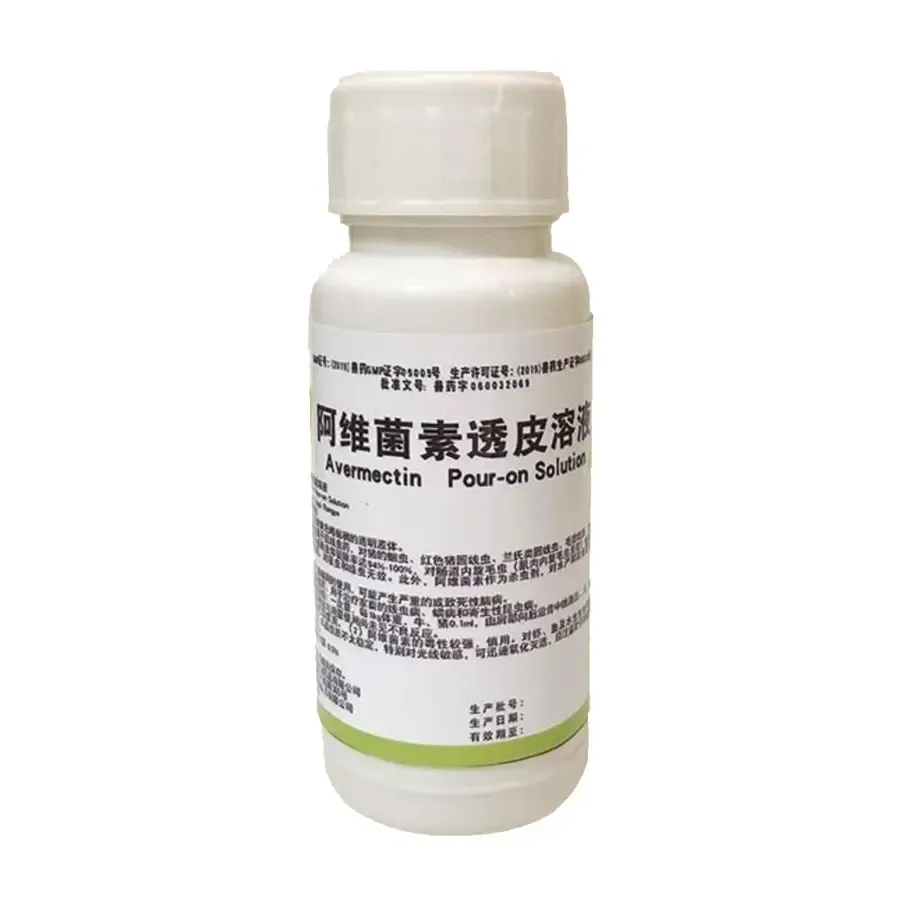- Afrikaans
- Albanian
- Amharic
- Arabic
- Armenian
- Azerbaijani
- Basque
- Belarusian
- Bengali
- Bosnian
- Bulgarian
- Catalan
- Cebuano
- Corsican
- Croatian
- Czech
- Danish
- Dutch
- English
- Esperanto
- Estonian
- Finnish
- French
- Frisian
- Galician
- Georgian
- German
- Greek
- Gujarati
- Haitian Creole
- hausa
- hawaiian
- Hebrew
- Hindi
- Miao
- Hungarian
- Icelandic
- igbo
- Indonesian
- irish
- Italian
- Japanese
- Javanese
- Kannada
- kazakh
- Khmer
- Rwandese
- Korean
- Kurdish
- Kyrgyz
- Lao
- Latin
- Latvian
- Lithuanian
- Luxembourgish
- Macedonian
- Malgashi
- Malay
- Malayalam
- Maltese
- Maori
- Marathi
- Mongolian
- Myanmar
- Nepali
- Norwegian
- Norwegian
- Occitan
- Pashto
- Persian
- Polish
- Portuguese
- Punjabi
- Romanian
- Russian
- Samoan
- Scottish Gaelic
- Serbian
- Sesotho
- Shona
- Sindhi
- Sinhala
- Slovak
- Slovenian
- Somali
- Spanish
- Sundanese
- Swahili
- Swedish
- Tagalog
- Tajik
- Tamil
- Tatar
- Telugu
- Thai
- Turkish
- Turkmen
- Ukrainian
- Urdu
- Uighur
- Uzbek
- Vietnamese
- Welsh
- Bantu
- Yiddish
- Yoruba
- Zulu
8 月 . 08, 2024 05:10 Back to list
Effective Strategies for Choosing the Right Deworming Medicines for Your Sheep Flock Management
The Importance of Sheep Deworming Medicine
Sheep farming is an integral part of agriculture in many regions around the world. It provides not only meat and wool but also contributes to the ecosystem by grazing. However, one of the critical challenges that sheep farmers face is the infestation of internal parasites, commonly known as worms. This is where sheep deworming medicine comes into play, serving as a vital tool in managing sheep health and productivity.
Understanding Internal Parasites in Sheep
Internal parasites, including various species of nematodes, cestodes, and trematodes, are common in sheep. These worms can inhabit the gastrointestinal tract, leading to nutritional deficiencies, anemia, and other serious health issues. The presence of these parasites can result in poor weight gain, reduced milk production, and, in severe cases, death. Furthermore, an infected sheep can spread the parasites through its feces, contaminating the pasture and other sheep. This highlights the necessity of not just treating infected animals, but also implementing a strategic deworming program.
The Role of Deworming Medicine
Deworming medicine, or anthelmintics, is specifically designed to eliminate internal parasites in sheep. Several types of dewormers are available on the market, each functioning through different mechanisms to target these parasites. The most common classes of anthelmintics include benzimidazoles, macrocyclic lactones, and tetrahydropyrimidines.
1. Benzimidazoles - These work by disrupting the metabolic processes of the worms, effectively killing them. They are often considered broad-spectrum dewormers and can be effective against a variety of nematodes.
2. Macrocyclic Lactones - This class is especially effective against both nematodes and ectoparasites (like lice and mites). They work by interfering with the nervous system of the parasites, leading to paralysis and death.
3. Tetrahydropyrimidines - These drugs act as neuromuscular blockers that cause paralysis in the parasites, allowing for their expulsion from the sheep's system.
sheep deworming medicine

Implementing a Deworming Strategy
To maximize the benefits of deworming medicine, farmers should adopt a strategic approach. This includes
- Regular Monitoring Regular fecal tests can help determine the presence and load of parasites in the flock. Based on these results, farmers can tailor their deworming schedule more effectively.
- Rotation of Dewormers Due to the possibility of resistance developing in parasite populations, it is crucial to rotate the classes of dewormers used. This helps ensure ongoing effectiveness and limits the chance of resistance.
- Timing Timing the deworming treatments around critical periods, such as prior to breeding or lambing, can enhance health and productivity. Young lambs are particularly vulnerable, so early and appropriate treatment is essential.
- Pasture Management Improving pasture management practices can significantly reduce parasitic loads. Rotational grazing and proper manure management can help break the lifecycle of parasites.
Conclusion
Deworming medicine is an indispensable component in the management of sheep health. By understanding the risks posed by internal parasites and implementing a comprehensive, strategic deworming program, sheep farmers can improve the health and productivity of their flocks. Not only does this contribute to better animal welfare, but it also ensures economic viability in sheep farming. As challenges continue to arise in the agricultural landscape, prioritizing sheep health through effective deworming strategies will remain essential for successful sheep husbandry.
-
The Power of Radix Isatidis Extract for Your Health and Wellness
NewsOct.29,2024
-
Neomycin Sulfate Soluble Powder: A Versatile Solution for Pet Health
NewsOct.29,2024
-
Lincomycin Hydrochloride Soluble Powder – The Essential Solution
NewsOct.29,2024
-
Garamycin Gentamicin Sulfate for Effective Infection Control
NewsOct.29,2024
-
Doxycycline Hyclate Soluble Powder: Your Antibiotic Needs
NewsOct.29,2024
-
Tilmicosin Premix: The Ultimate Solution for Poultry Health
NewsOct.29,2024













